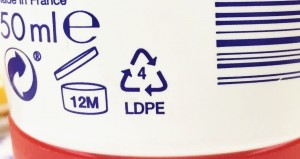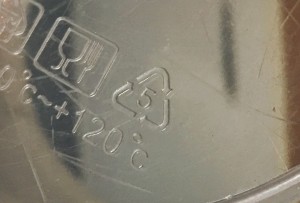Recycling Plastic in the Home
Plastic is a material that can be found everywhere and you will almost certainly come into contact with it several times a day. Plastic is an affordable material that is lightweight, durable and has a long life of use which makes it an excellent option for everyday life around the home.
However, due to the durable characteristics and therefore long life of plastic, it does not degrade as easily as wood or other natural materials and it is much harder to recycle at home than say cardboard, metal and wood. As a result, domestic waste has increased dramatically over the last few years and plastic is a main contributor to this.
In 2014 and 2015, 492,623 tonnes of plastic packaging were collected from UK homes, according to the British Plastics Federation. Such a large quantity of a very slow to degrade material can put a huge strain on the environment as landfills get stuffed full of plastic waste.
More recently, it has become possible to recycle plastics within the home, reducing the quantity of waste and reducing the strain on the environment as a result.
Recycling Plastic at Home
Plastics from every room in the house can be recycled including cleaning product and toiletry bottles, as well as food trays, pots and tubs. You will notice that a lot of plastic products you find around your home will be marked with an identification code to make it quick and easy to recycle them.
The marks consist of the recycling triangle made up of 3 arrows with a number from 1-7 inside it, and often some letters underneath to specify which type of plastic the product is made from, for example PETE (found under the triangle with a 1 marked inside) means polyethylene terephthalate – this mark will be found on drinks bottles and standard food pots and tubs.

Products marked with this symbol will be squeeze bottles, general plastic packaging, toys, carrier bags, etc.

Products marked with this symbol are made from polypropylene which is most commonly used in Extrusion processes.
Remember: Rinse your plastics to remove leftover foods and liquids when recycling as otherwise the automated sorting machines will not be able to process and recycle the items correctly.
At Rayda plastics we recycle!
We have a Zero to Landfill policy to reduce our strain on the environment. We reuse as much of our plastic waste as we can and the rest goes to Devon Contract Waste who have a Zero to Landfill service.
For more information on recycling plastic, contact Rayda Plastics today.